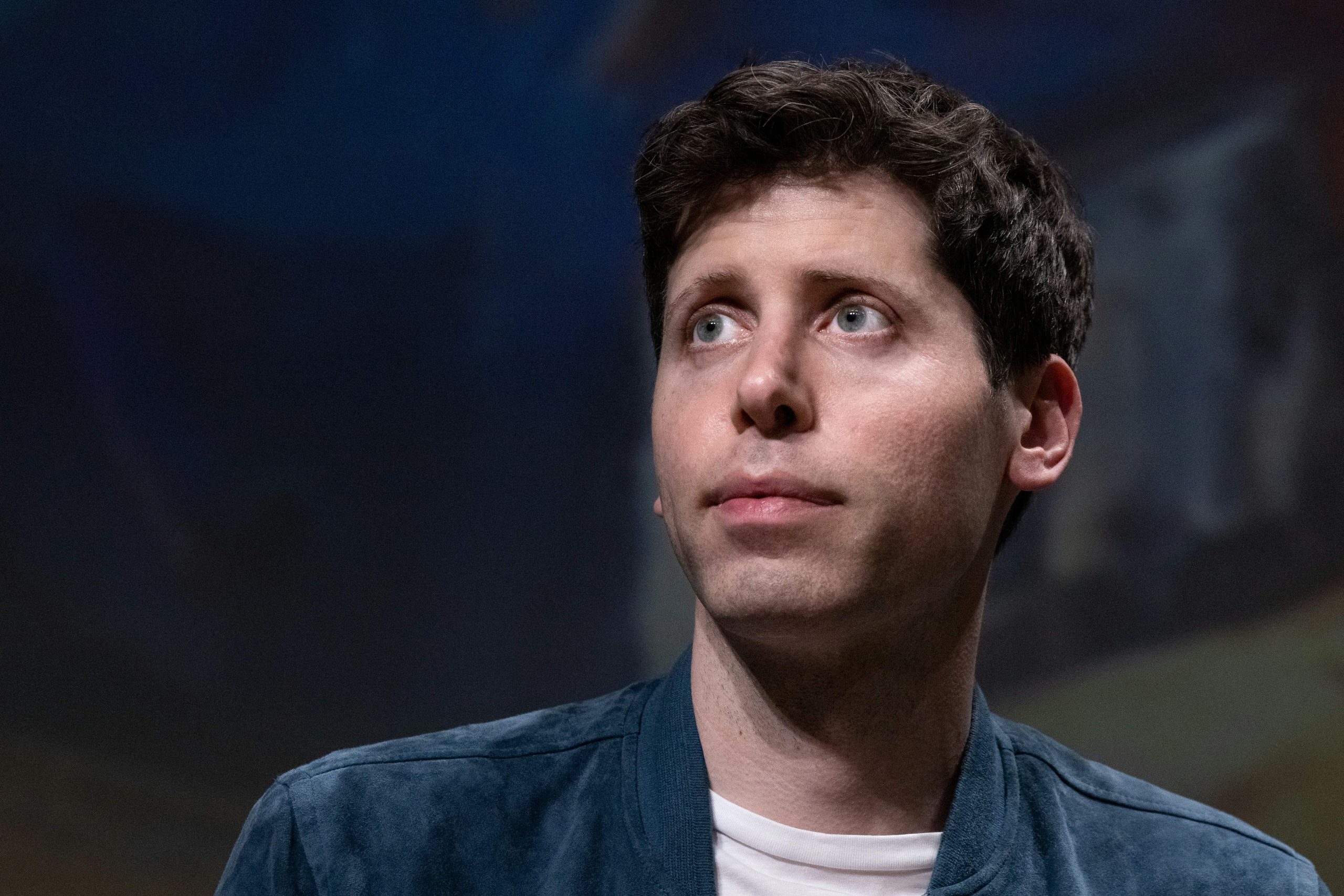For the past three years, participants across Illinois and Texas have received monthly cash payments of $1,000 to take part in a project funded by Sam Altman, the CEO of OpenAI and one of the most prominent proponents of basic income. Newly released findings from the study provide early insights into whether a universal basic income (UBI) is a sustainable model for a future driven by A.I.
The study measured the spending habits of 1,000 participants against a control group of 2,000 that was given $50 each month. Recipients of the $1,000 cash payments reported a modest decrease in employment, an increase in setting and achieving goals and an emphasis on spending that benefitted basic needs and supported others, according to the study’s results.
The initiative was conducted by OpenResearch, a research organization that has received some $14 million from Altman and around $10 million from OpenAI. Altman, who has pushed for UBI as a solution to concerns that A.I. will replace employment opportunities, first backed the project in 2016 while he was still leading the startup accelerator Y Combinator. “I’ve been intrigued by the idea for a while,” wrote Altman in a blog post at the time. “I’m fairly confident that at some point in the future, as technology continues to eliminate traditional jobs and massive new wealth gets created, we’re going to see some version of this at a national scale,” he said.
What did Sam Altman’s study discover?
The study’s participants, which were selected from rural, suburban and urban areas and had an average household income of around $29,000, reported different employment trends depending on whether they received payments of $1,000 or $50. The target group on average worked 1.3 fewer hours per week and were 2 percent less likely to be employed, although they were also 10 percent more likely to be actively searching for a job. “Recipients were more likely to select interesting or meaningful work as an essential condition for any job,” according to the study, led by Elizabeth Rhodes, research director at OpenResearch.
This concept of agency was a common theme for the basic income recipients, 14 percent of whom were more likely to have pursued education or job training during the final year of the program. They also displayed a greater interest in moving, reporting an 11 percent bump in their ability to move neighborhoods and a 5 percent increase in their likelihood to pay for housing instead of seeking other living arrangements.
Healthcare was also impacted by the experiment, with the UBI group increasing their spending on medical care by around $20 per month and showcasing a 10 percent rise in the probability of receiving dental care in the past year. “Although we find no significant effects on measures of physical health, the increased utilization of medical care may lead to long-term health benefits,” wrote the study’s authors. Health wasn’t the only area that benefited from additional spending—recipients overall spent $310 more each month. The largest increases went to food, rent and transportation at spending increases of $67, $52 and $50, respectively, while spending on support to others rose by $22 per month.
“Beth and the OpenResearch team have done critical research to shed light on questions around” UBI, said Altman in a statement to Bloomberg. The OpenAI head has also recently floated a new take on UBI that he calls “universal basic compute,” which would see members of society each receive a portion of large language models instead of funds. While other A.I. figures like Elon Musk and academic Geoffrey Hinton have similarly advocated for a form of basic income, not all tech leaders are convinced. Dario Amodei, the head of OpenAI rival Anthropic, has described UBI proposals as “kind of dystopian” and urged for alternative methods to offset inequalities caused by A.I.
Expect more findings from Altman’s basic income study in the coming months and years. OpenResearch is set to release results regarding politics, relationships, household composition and effects on children later in 2024, followed by additional findings on well-being, material hardship, crime and children’s education in 2025.

